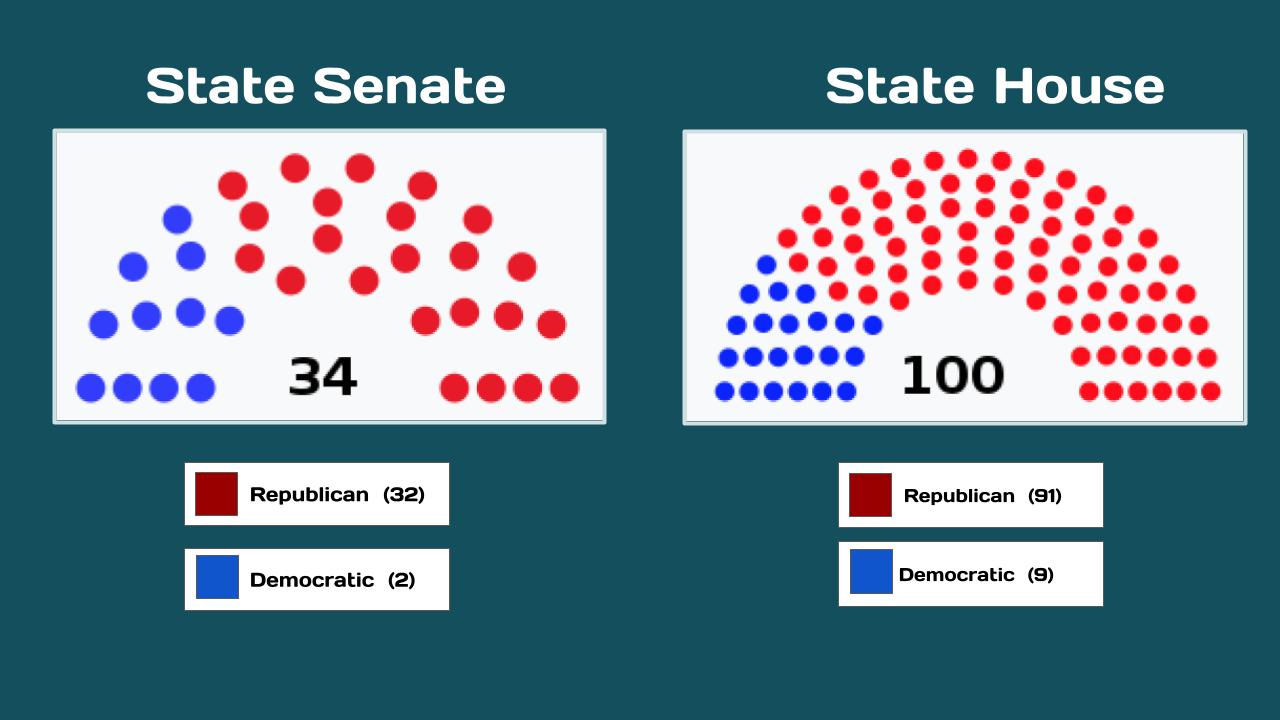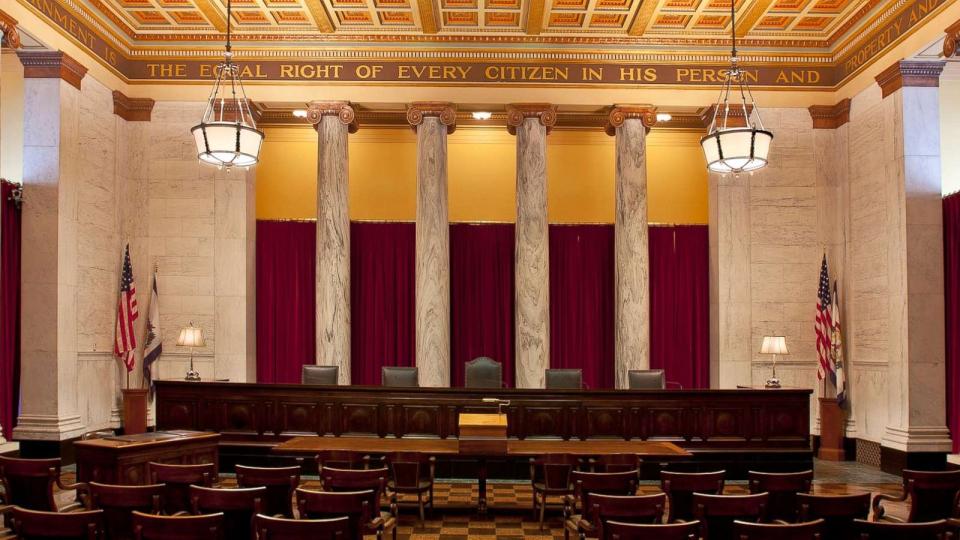The West Virginia Legislature is the state legislature of the U.S. state of West Virginia. A bicameral legislative body, the legislature is split between the upper Senate and the lower House of Delegates. It was established under Article VI of the West Virginia Constitution following the state’s split from Virginia during the American Civil War in 1863. As with its neighbor and former constituent Virginia General Assembly, the legislature’s lower house is also referred to as a “House of Delegates.”
The legislature convenes in the State Capitol building in Charleston.
Source: Wikipedia
OnAir Post: WV Legislature



